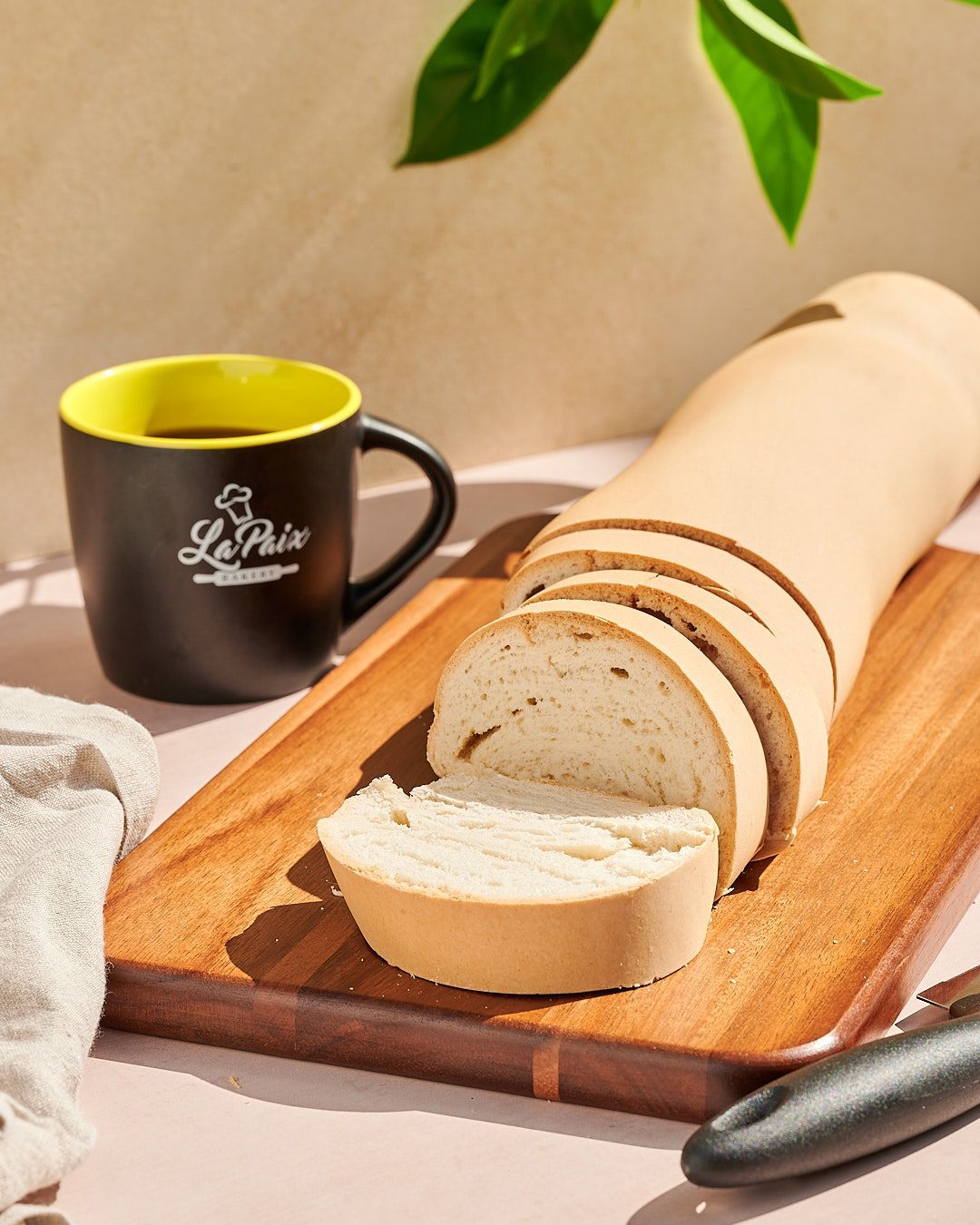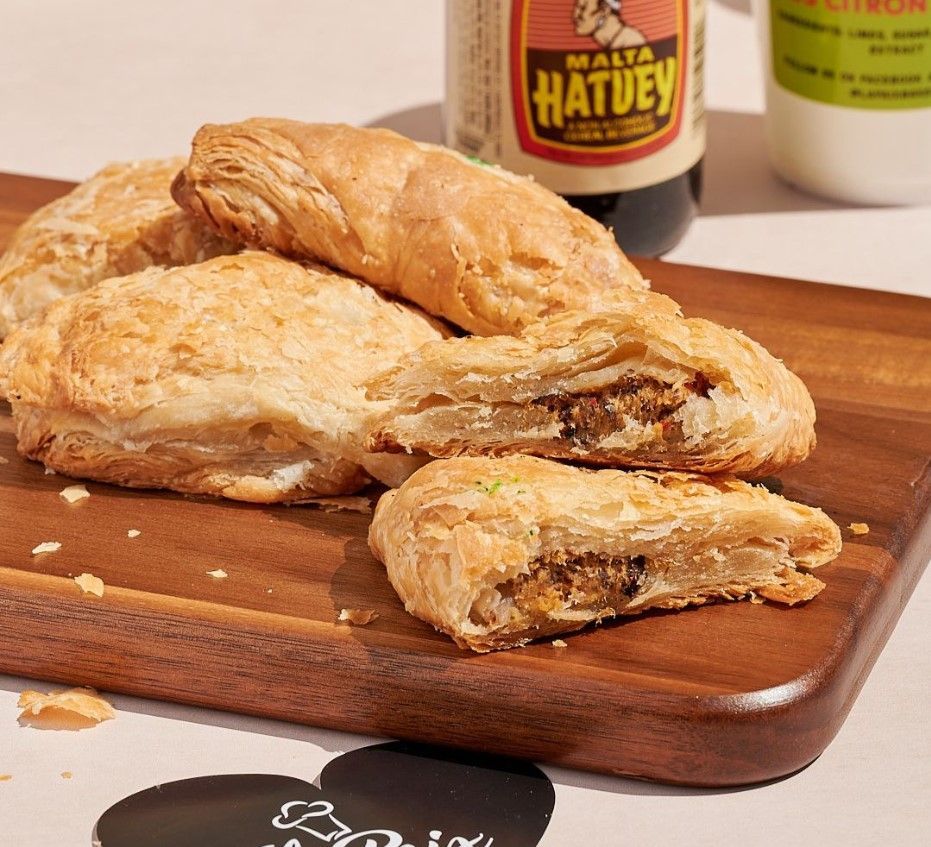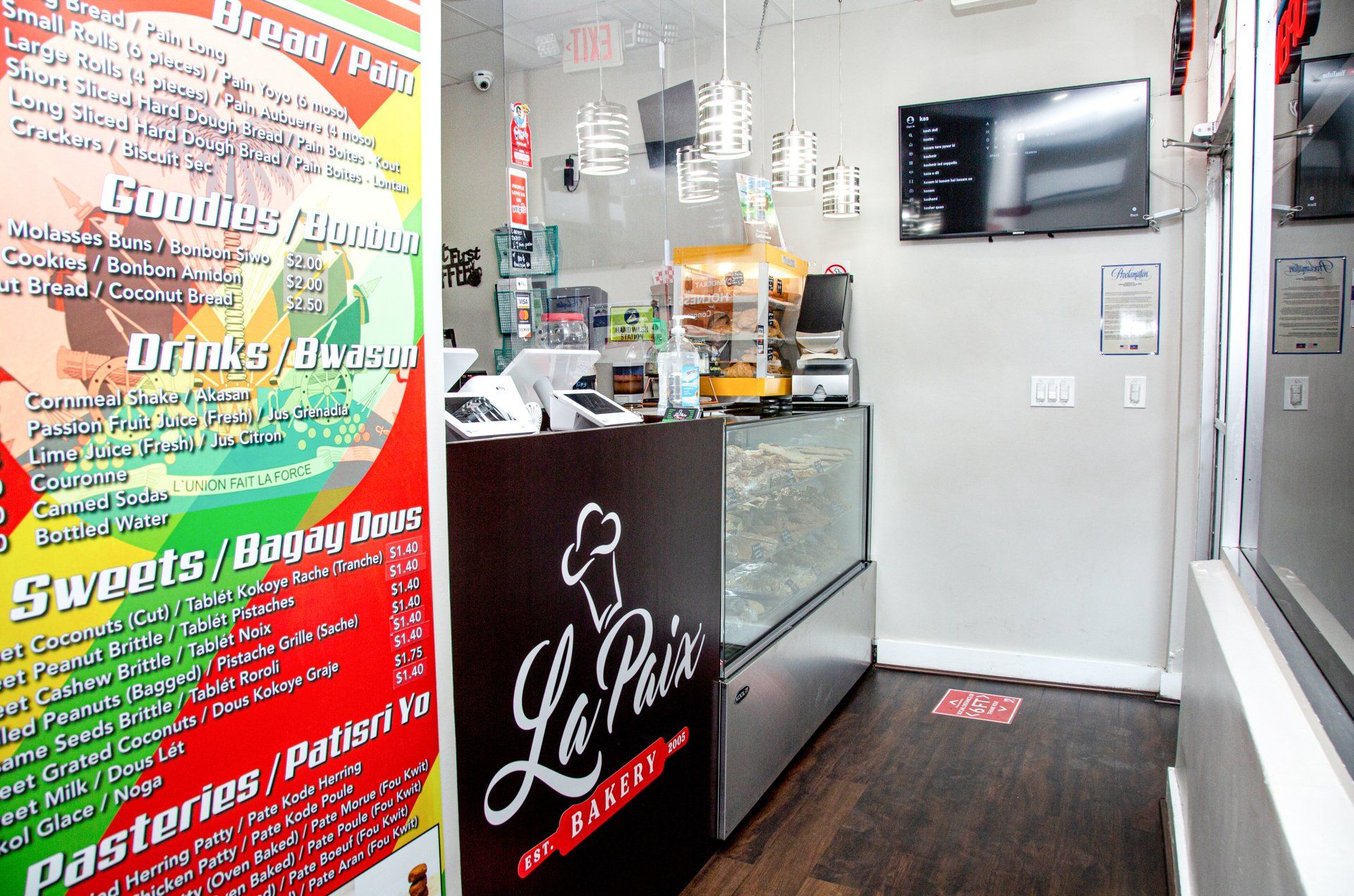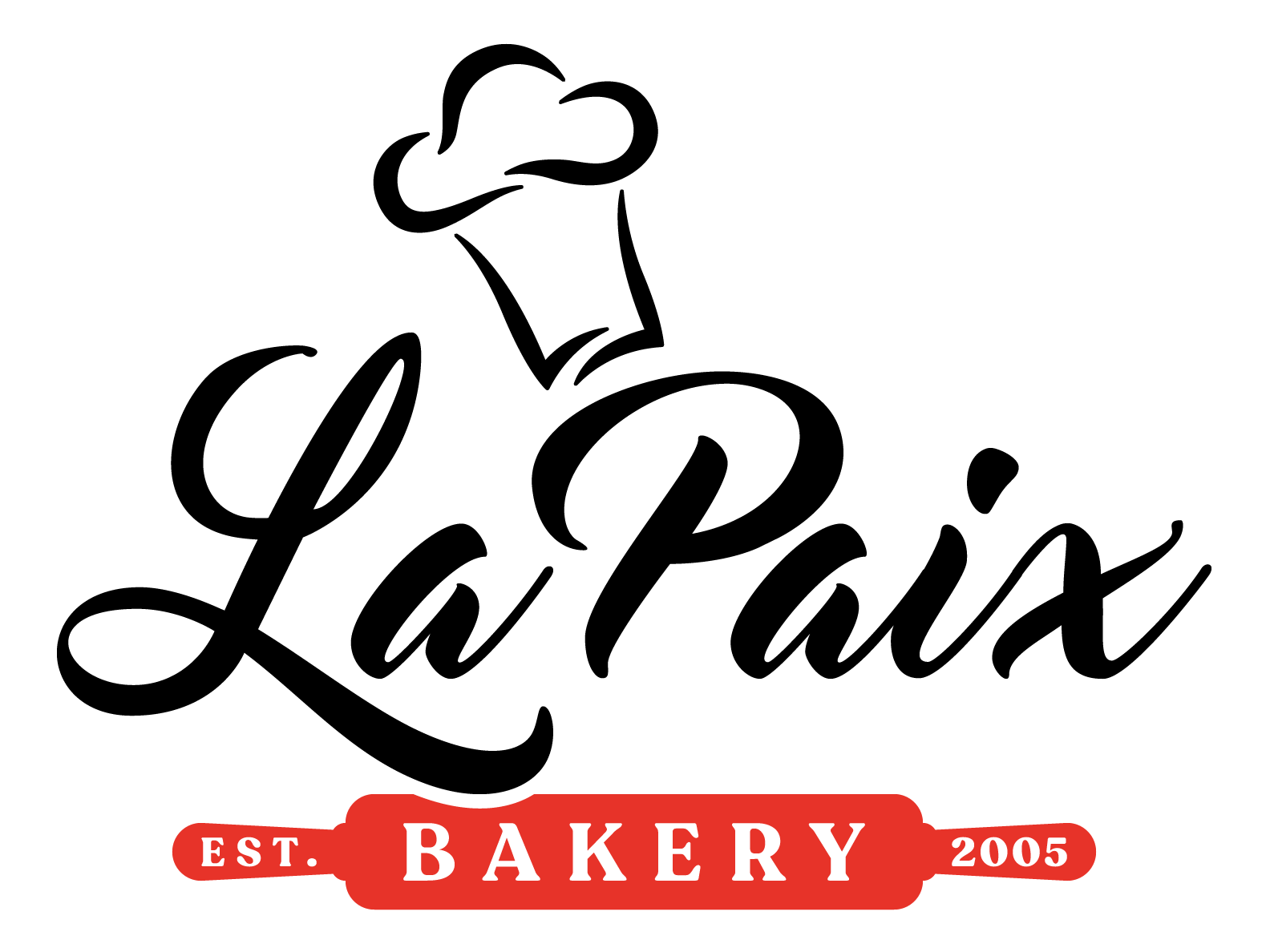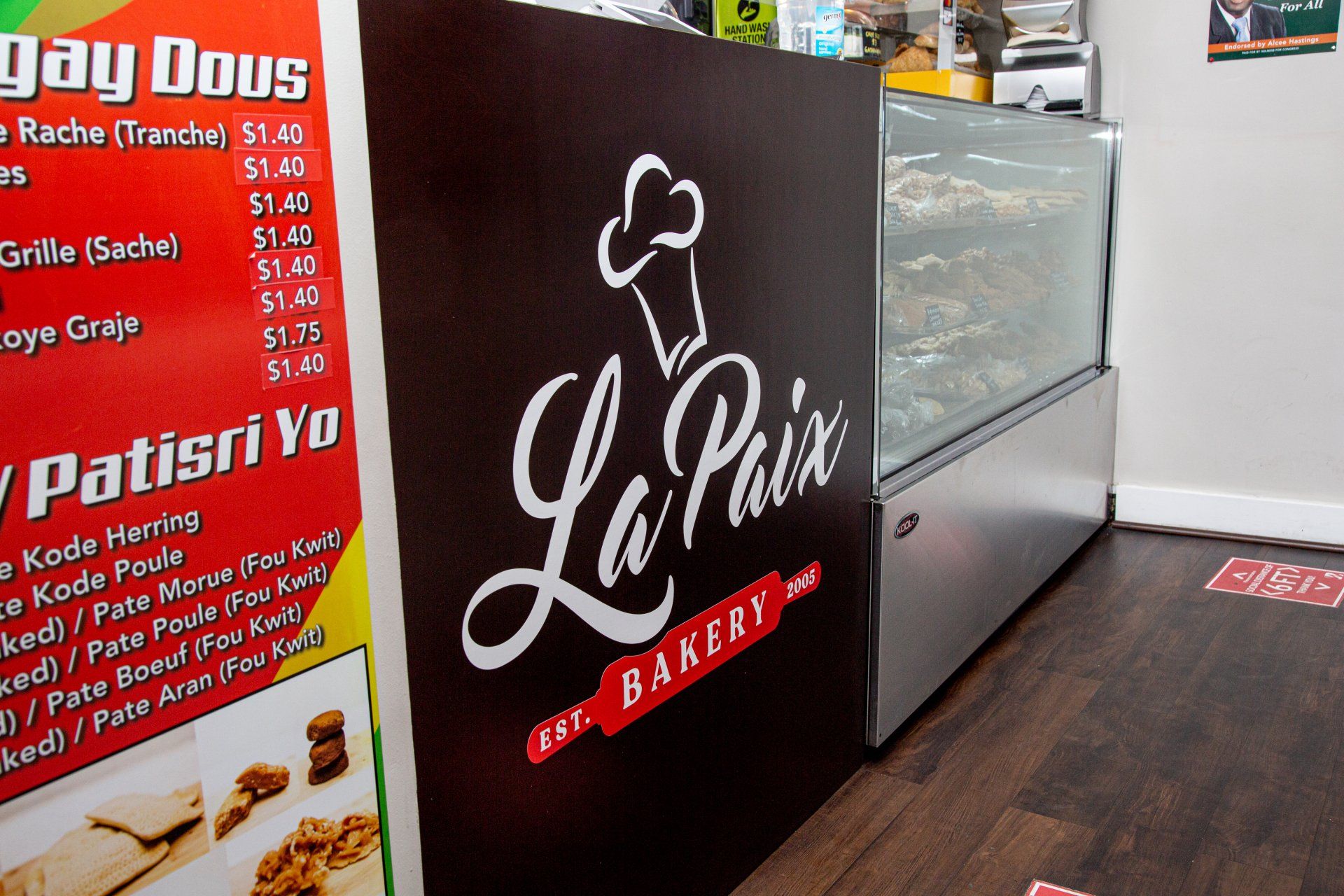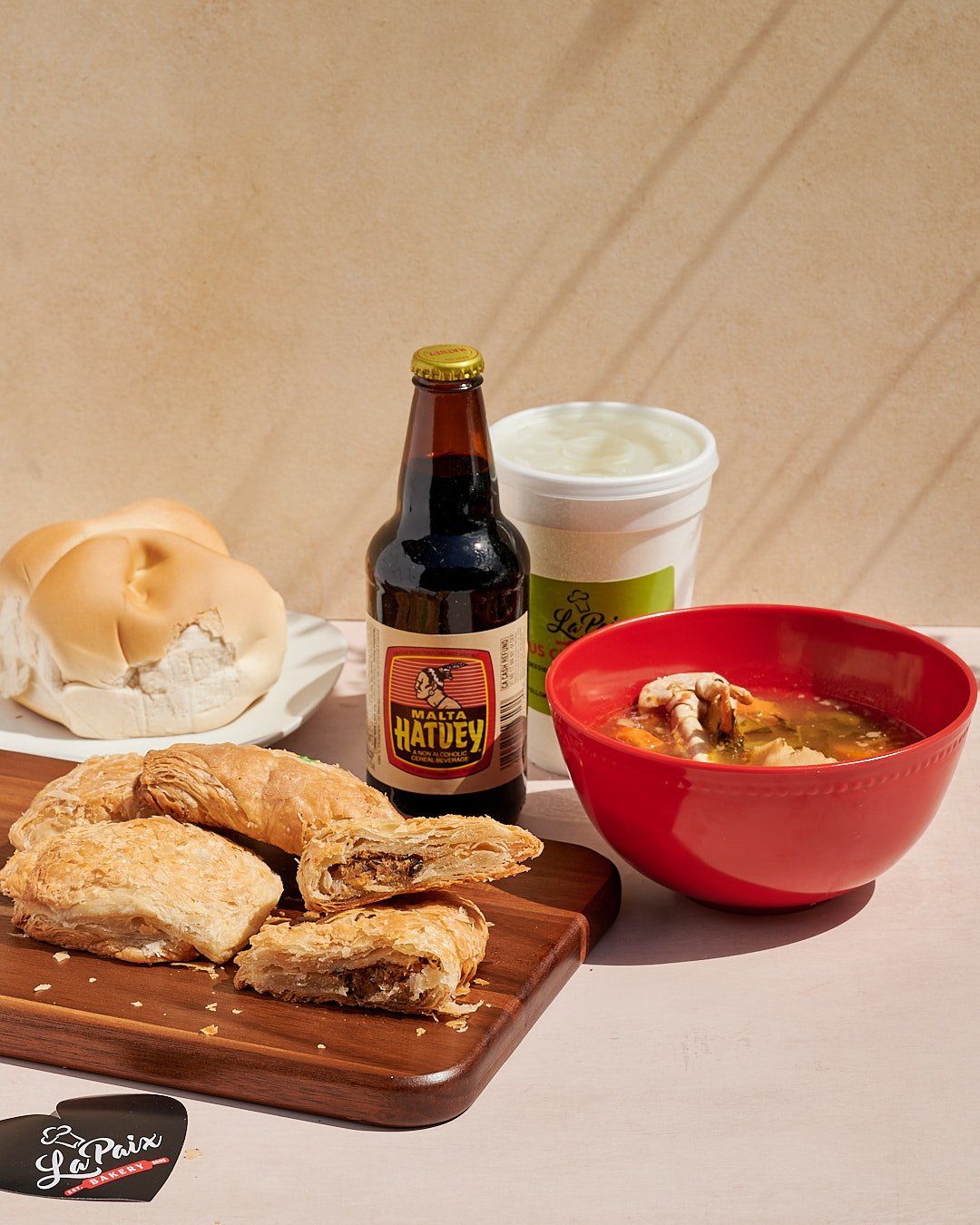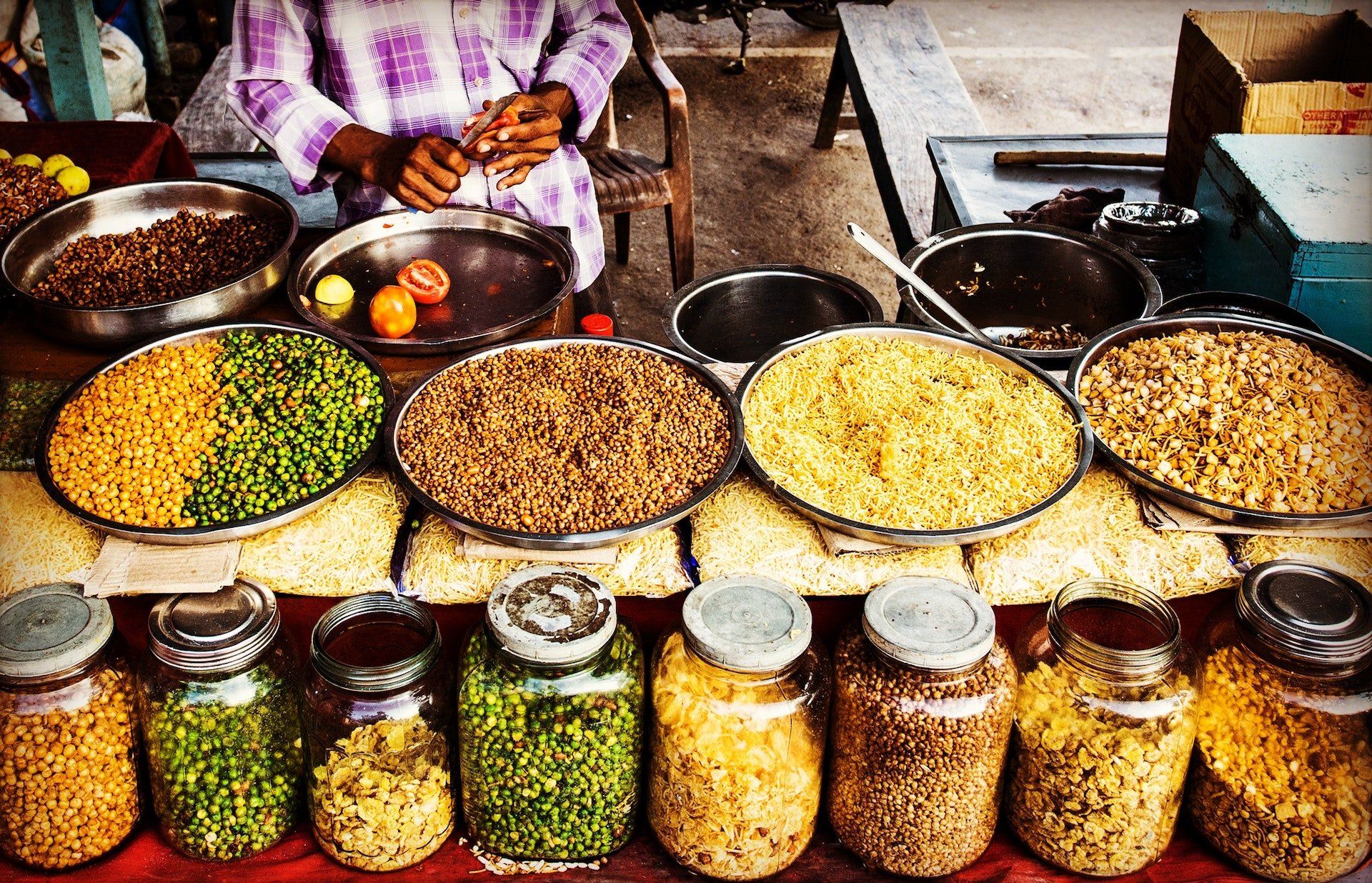When was the last time you had a delectable meal? Did you ever wonder who invented it or how that particular cooking style came to be? That, after all, is what culinary history is all about. Cooking is the science and art of preparing food for consumption by using heat. It encompasses a wide range of culinary techniques, including:
- Planning meals
- Preparing raw and cooked foods
- Final dressing of meats
- Cleaning and cutting veggies and fruits
- Garnishing dishes
- Preparing salads
- Decorating desserts
Excellent cooking, like fine art, necessitates creativity and taste, as well as technical mastery and an appreciation for beauty. It necessitates an understanding and knowledge of fundamental cooking principles.
Haitian Cuisine
Taino, Spanish, African, and French cooking styles and influences are all present in Haitian cuisine. These cultural groups were significant in Haitian society and history. While Haitian cuisine is similar to Creole cuisine, it has its own distinct dishes and flavors.
Star anise and cloves add warmth to Haitian stews, while herbs and peppers bring out bold African flavors. Haitian cuisine is also influenced by Levantine and French cuisine. However, the Haitian flavor base known as epic serves as the foundation for many Haitian dishes. Among the ingredients are garlic, green onions, peppers, parsley, and thyme. Garlic, green onions, peppers, parsley, and thyme are among the ingredients.
Origins of Haitian Cuisine
Haitian food is heavily influenced by its history, climate, and location. The country occupies the island's western third, while the Dominican Republic occupies the island's eastern two-thirds. Wild crops include coconuts, mangos, avocados, limes, coffee, oranges, and cocoa beans.
Throughout history, several foreign countries have taken control of Haiti and other Caribbean islands. They brought ideas and foods from their homeland, influencing the foods eaten by Haitians. France, Spain, the African continent, and the Taino Natives all had an impact on the country's cuisine.
Spanish Influence
Hunter-gatherers first settled on the island around 5000 BC. They grew corn, sweet potatoes, papayas, guavas, and a variety of other vegetables and fruits. In 1492, Christopher Columbus landed on the island and claimed it for the Spanish. By the early 16th century, forced labor and disease had nearly wiped out the native population.
The Spanish established sugar plantations and began importing slaves from West Africa. These Africans brought okra, taro, and other African shrubs and spices with them. Rice and beans were also introduced.
French Influence
The French had taken control of the Haitian part of the island, known as Ayiti by the Taino, by the eighteenth century. The settlers continued to cultivate cocoa, coffee, and sugarcane with the help of enslaved West Africans. Haitians gained independence from French rule in 1804. However, French culture continues to have an impact on traditional Haitian cuisine. French cheeses and desserts are still available in most Haitian markets today.
Modern Cuisine
The Creole and French cultures have had the greatest influence on modern Haitian society and cuisine. One thing that sets them apart from other Caribbean islands is their love of strong spices. Many dishes are built on a pesto base, while others are built on green onions, garlic, thyme, peppers, and parsley.
Starchy foods are among the most common Haitian staples. Rice and beans, specifically black rice and red beans, are the national dish. Haitians use locally grown mushrooms to dye the rice black, which is topped with lima beans.
Calalou, another main course, is made with salted port, crab meat, okra, onion, peppers, and spinach. Fried pork is very popular on the island, and dishes with conch meat are popular along the Haitian coast. Pain patate with fig, sweet potato, and banana pudding is also popular for dessert. Many people in the United States are familiar with the Creole dish gumbo.
Because of African and European influences, many Haitians practice Voodoo and Catholicism. As a result, African animism and Christianity coexist. Haitian Christians celebrate important holidays with dinners.
Haitian bread, fried plantains, pork, pikliz, and pineapple nogs are traditional Christmas fare. They celebrate and honor their dead with food and drink on All Souls' Day. Pumpkin soup is served for lunch on Sundays and New Year's Day.
Haiti's National Dish
The average Haitian diet consists of soup joumou. It is a unique blend of Scotch bonnet peppers, classic French pot-au-feu, and New World squash. It is a rich soup consisting of pumpkin and ground beef, macaroni, onions, carrots, squash, potatoes, fresh ginger, sage, garlic, and a generous splash of lime juice.
Other popular foods and snacks in Haiti include:
- Mashed breadfruit with creole sauce
- Haitian chicken ritters
- Sweet potato pudding
- Smoked herring
- Baked pork shoulder
- Grapefruit jam
- Boiled egg with banana fig
- Banana fritters
- Dumplings with black bean sauce
- Fried chicken with brown rice
Haitian cuisine is an intoxicating blend of several cultures that is spicy, vibrant, and diverse. The flavors are earthy and rich, with an emphasis on rich spice and freshness. Haitian foods prove that all tastes are in nature. Haitian cuisine is primarily influenced by multicultural influences and tropical flavors.
Do You Want to Know More About the History of Haitian Food in Miramar, Florida? Welcome to La Paix Bakery!
La Paix Bakery, you can enjoy such Haitian specialties as baked goods, food, beverages, and refreshing fruit juices. Our love for delicious food knows no bounds. Our mission is to provide our customers with such an exceptional culinary experience that they will return time and time.
We have a talented and experienced culinary team dedicated to providing superior, authentic Haitian delicacies daily using high-quality and fresh ingredients. When you set foot inside our bakery, the soft aroma and warmth will transport you to the world of fine Caribbean cuisine. It will feel like you have magically teleported to Haiti. Visit our bakery for an unforgettable food experience, or call 954-962-8223 to let us know what you want.
